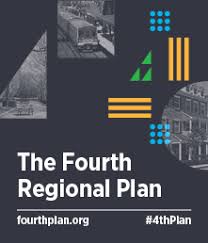Ferryboats aren’t very useful in most parts of this country,
but where they are, they can be very useful, carrying lots of people
(and vehicles) to places that are difficult or impossible to get to by
road. One of the problems with
ferries (in addition to being slow) is that they are smelly, fossil-fuel
hogs. The answer? Electric ferries!
Washington State DOT (where ferries really are important,
and in fact are considered part of the state highway system) has just announced
that they will begin converting their older boats to electric power (story
here). They will swap out the old
diesel engines – due for overhaul anyway – with modern battery-powered
engines.
The Norwegians have been using a prototype electric ferry
for a few years, with great results, both in terms of greenhouse gas emissions
and operational efficiency (story here, video here, picture below). They report that the electric ferry Ampere, which has been in operation for
nearly three years, has cut emissions by 95% and operating costs by 80%,
compared to conventional boats.
Good luck with your new venture WSDOT!

